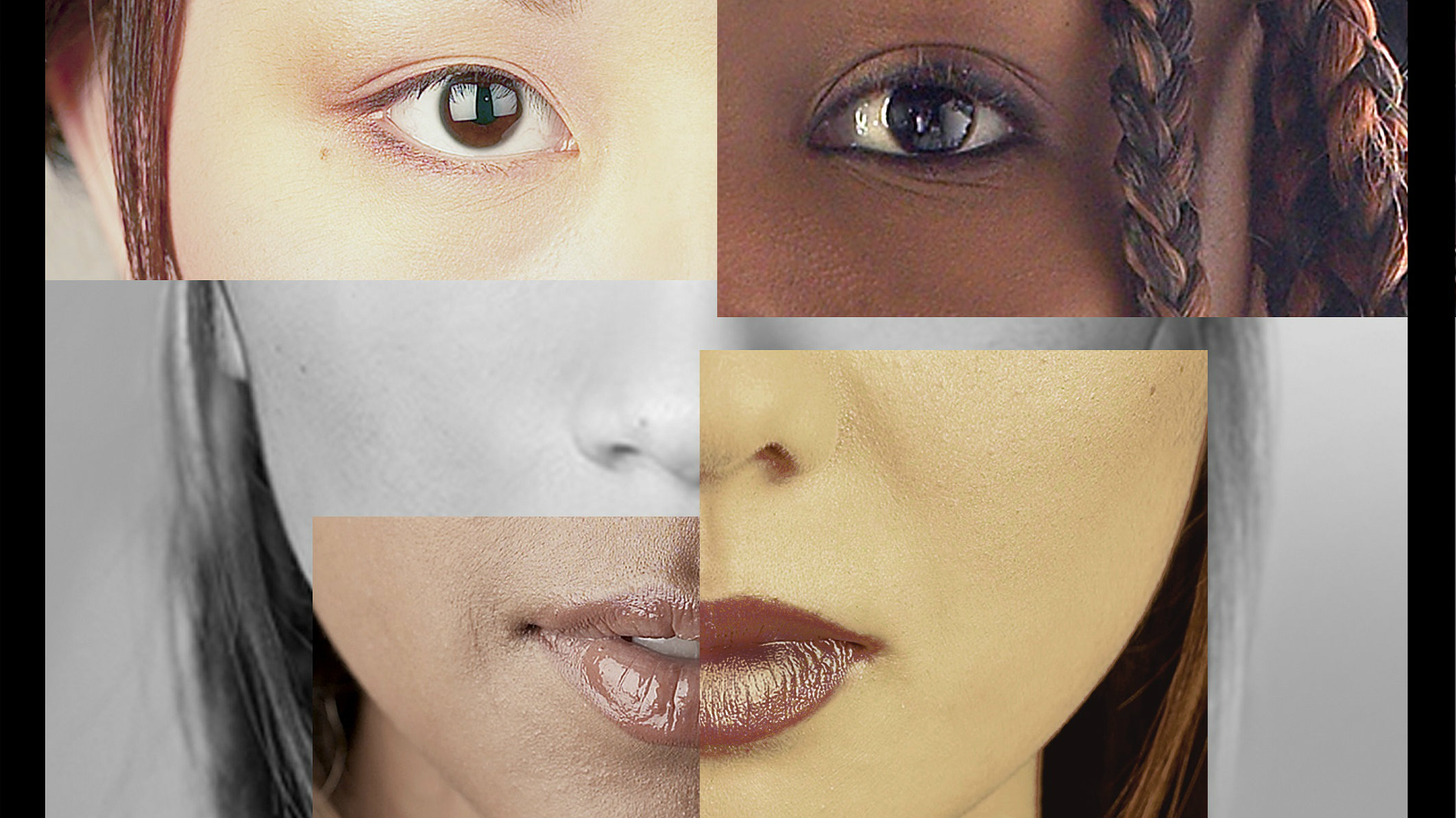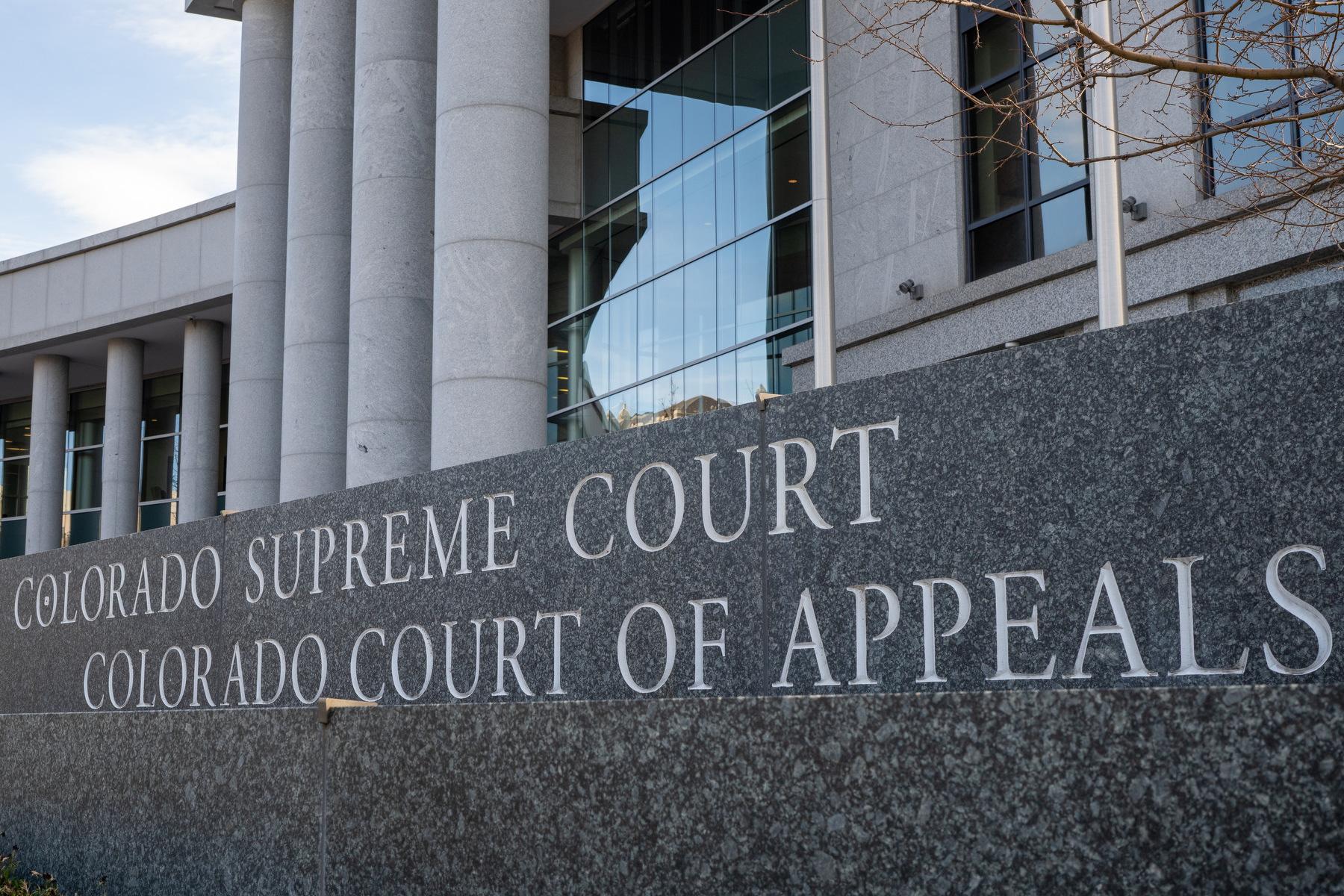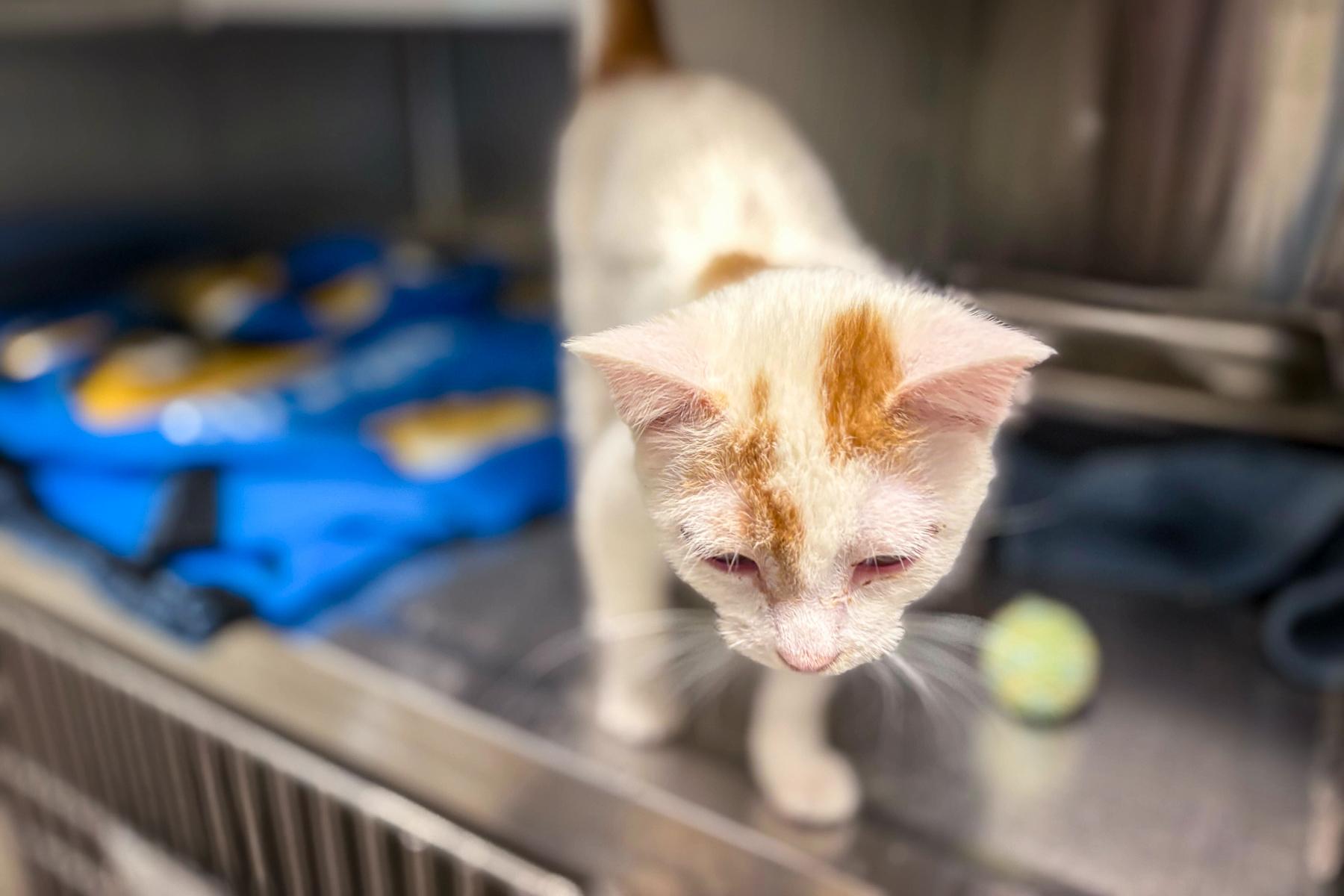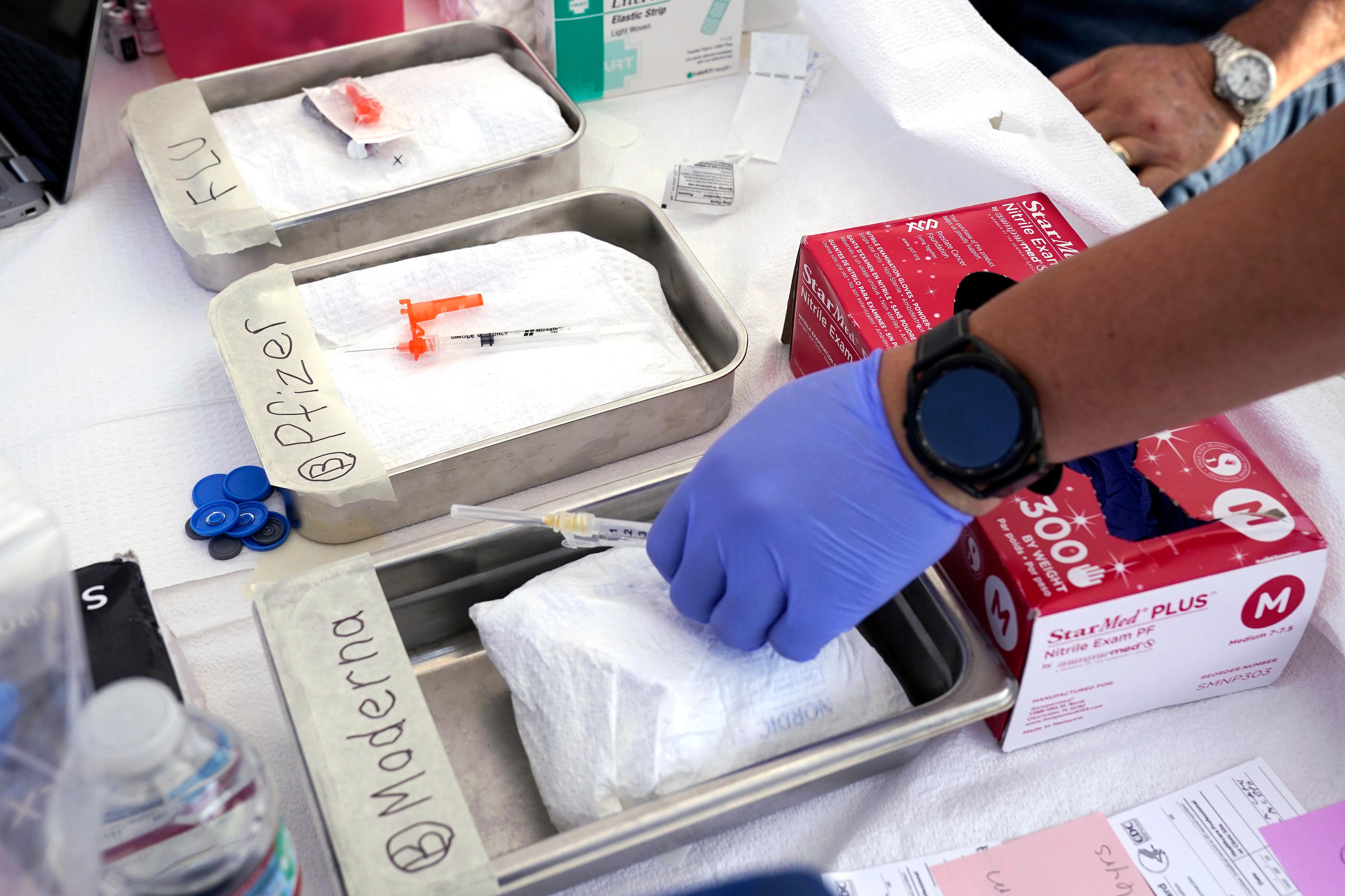
Especially in white households, race is not talked about at all, according to Colorado Springs sociologist Dena Samuels, who directs the Matrix Center for the Advancement of Social Equity and Inclusion at the University of Colorado, Colorado Springs.
In fact, many parents were too uncomfortable to complete a study that asked them to talk about race with their children every night for a week, Samuels says. That's why she will host two workshops on Dec. 6 at the History Colorado Center in Denver called, "How To Talk To Your Kids About Race." It's part of an exhibit on display through January 2015.
The first session filled up so quickly, History Colorado added a second session on the same day.
An important first step in the process is for parents is to acknowledge that everyone sees race, Samuels says. People who think they don't see race actually do themselves, their kids, and society a disservice.
"If you're standing in front of a person of color and you say, 'I don't see your color,' you're basically saying, 'I don't see you. I don't see the struggles you've had,'" she says. "I'm generalizing here, but for the most part people of color know they're not going to be treated the same by police officers, in their classrooms, in their office places."
Samuels also believes that, despite what many people think, they almost certainly have inherent biases, perhaps unintentional, that are fueled by innumerable messages they get every day.
"We're exposed to media and messages from our families and our classmates and our coworkers. The messages have a racist composition to them," she says. "We're bombarded with racist, sexist, heterosexist messages, and they sink in."
She's even found those biases in herself.
"When I started doing this work I thought, 'Some day I'm going to wake up and none of these ideas are going to be in my head,'" she says. "And it finally hit me, that everyday I'm bombarded with more of these messages."
"I mean, you'd have to be dead in a way to not be exposed to these messages."
Samuels, who has a new book, "The Culturally Inclusive Educator: Preparing for a Multicultural World," suggests everyone take a test developed at Harvard University to reveal inherent biases.
The test's creators say everyone harbors biases they can't control, no matter a person's skin color.
"Even people of color are afraid of people of color," because they are exposed to the same societal messages as white people, Samuels says. She urges people not to get bogged down in their results on the test, but instead use it as a way to figure out how to reduce their inherent biases.
At home, Samuels says kids benefit when parents open up a discussion about racial biases, and the best way to start is to ask questions, and recognize that race affects everyone.
"The notion that this is a problem [only] for folks of color is truly letting ourselves off the hook," she says. "Racism affects all of us. For me personally, I've learned that it separates me from other people."









